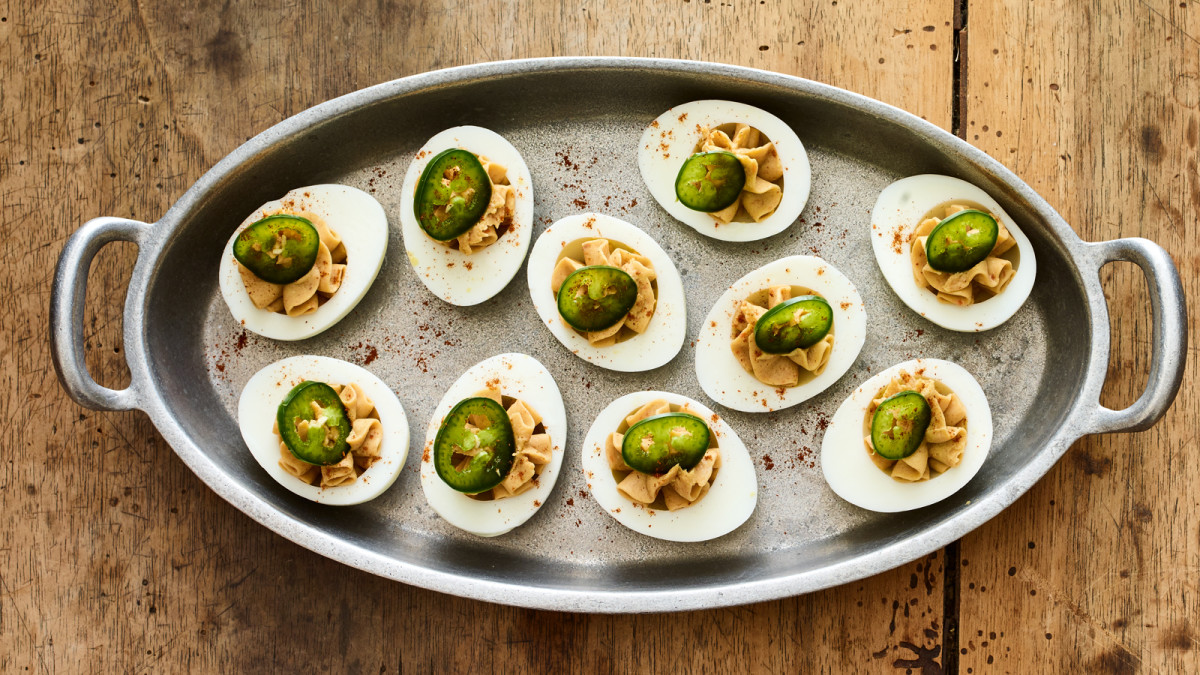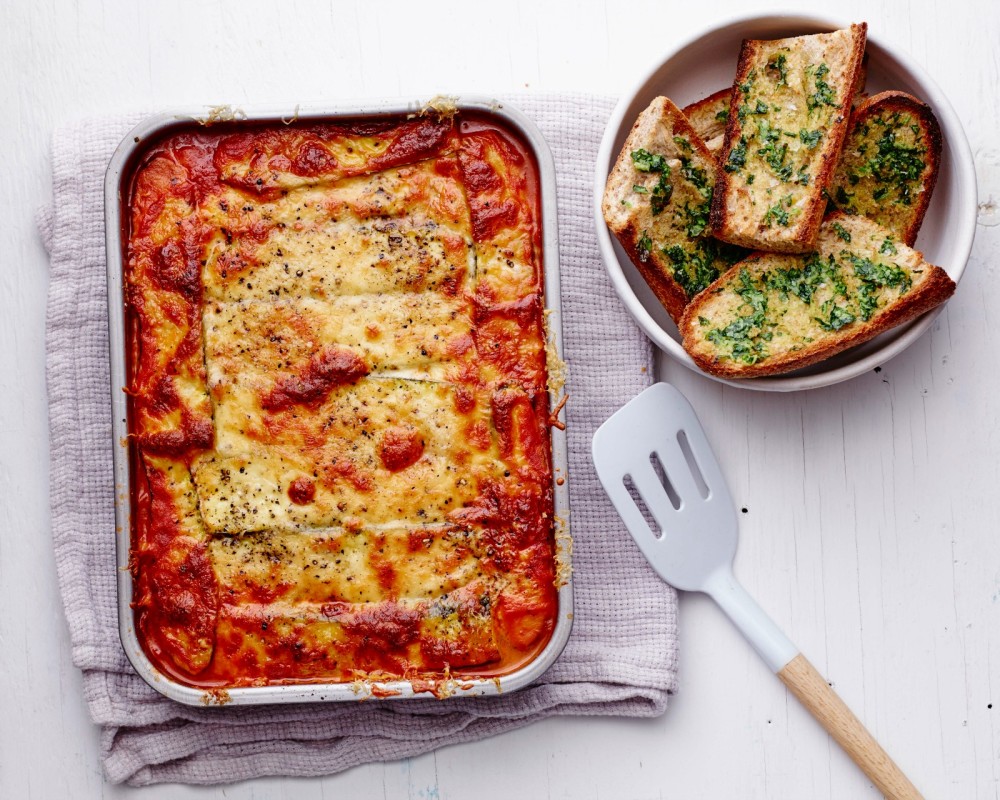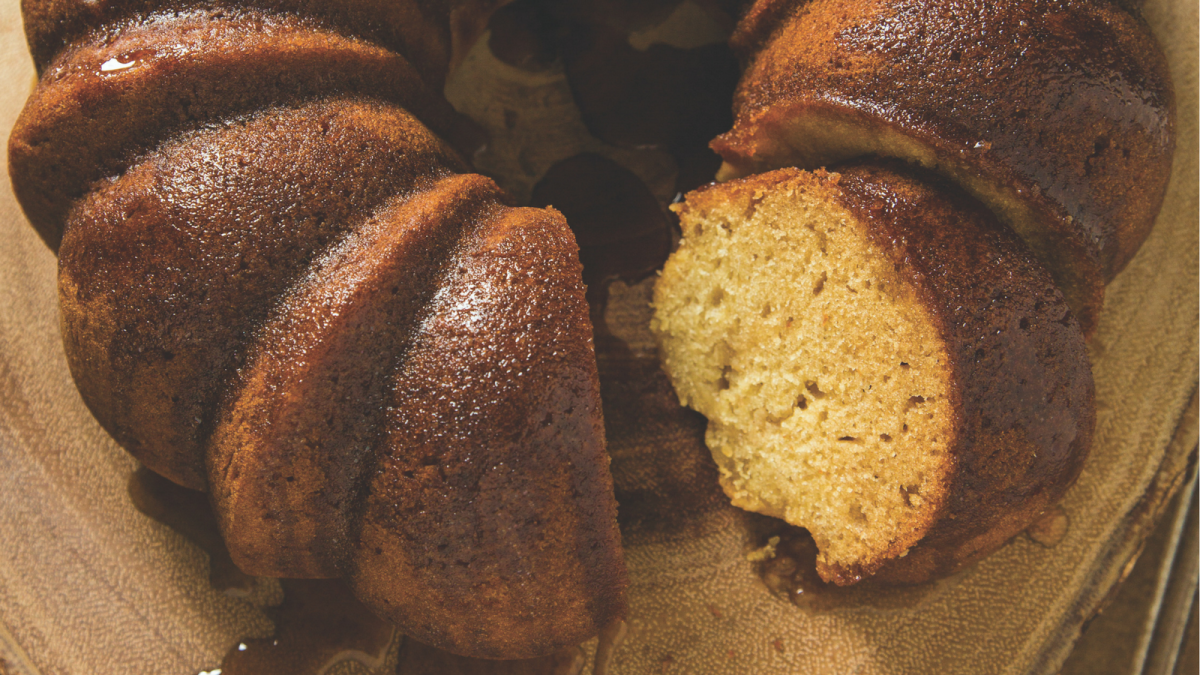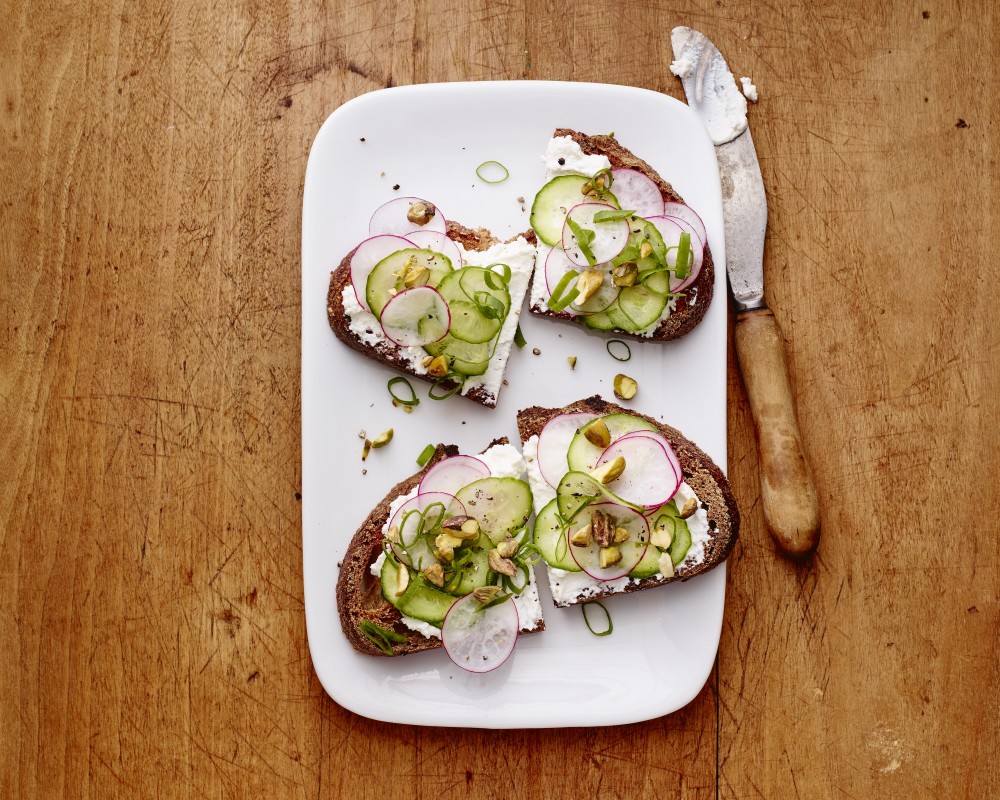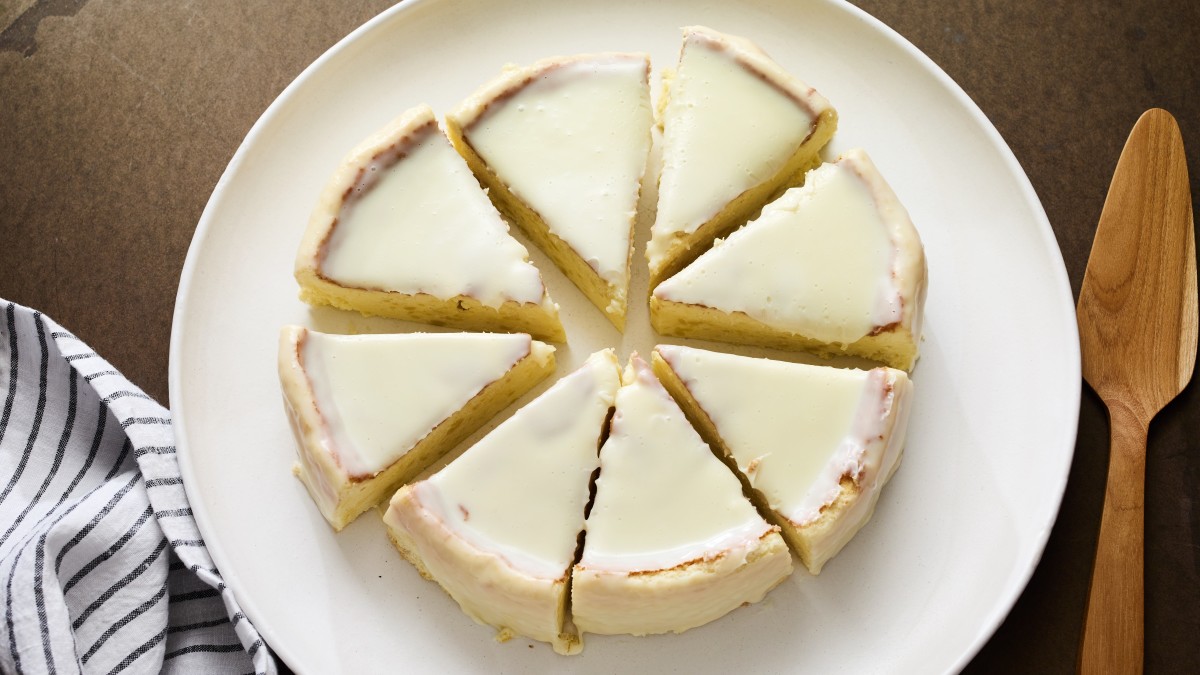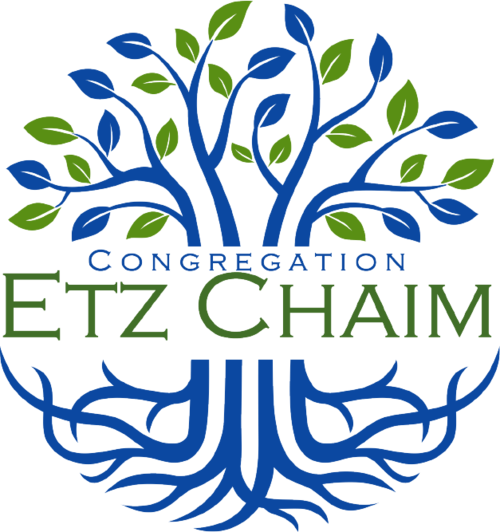Holidays
SHABBAT
Most people associate holidays with annual celebrations, but there is one festival that occurs every week in Judaism: the Sabbath. Shabbat, or Shabbos in Yiddish, begins at sundown on Friday and ends with Havdalah, a short ceremony that divides Shabbat from the rest of the week, on Saturday evening.
Shabbat is a Jewish holiday that celebrates creation and provides a break from the busy pace of the rest of the week. It is based on the Torah's tale of God resting after creating the world (Genesis 2:1-3). Shabbat is a day of relaxation as well as enjoyment and happiness. Shabbat is a day set aside to appreciate the beauty that surrounds us.
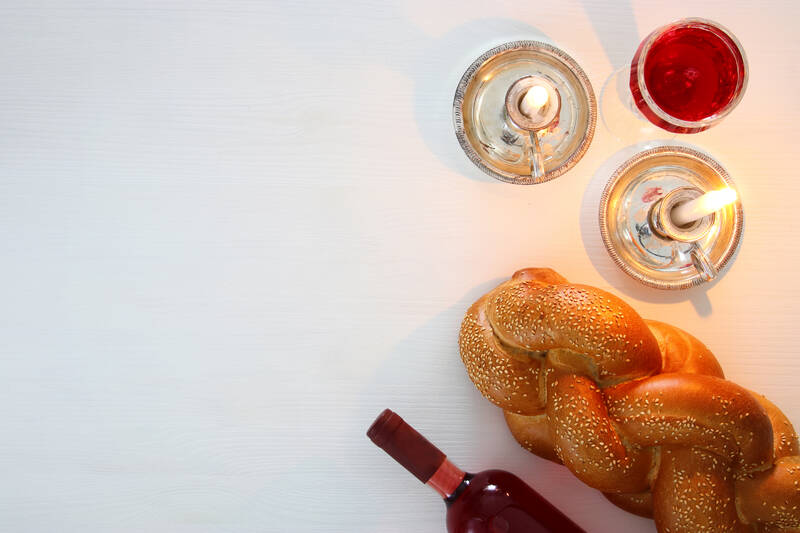
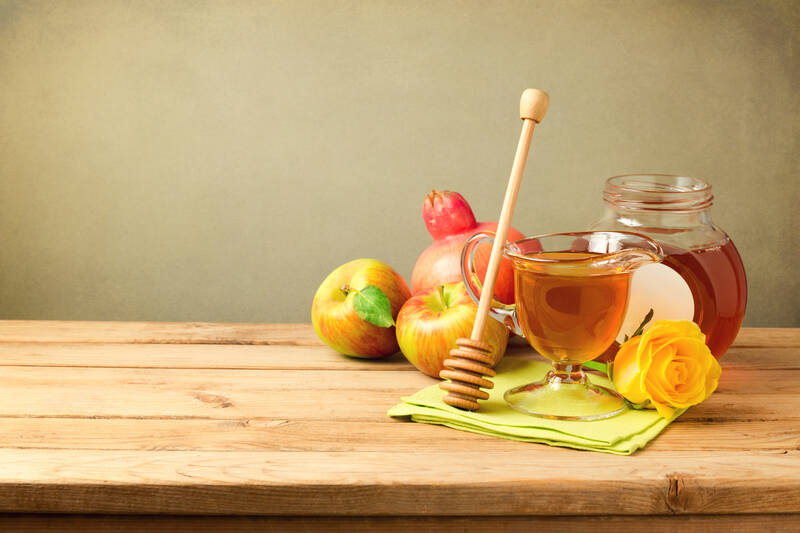
ROSH HASHANAH
The Jewish New Year, Rosh ("Head of the Year"), is a time of prayer, self-reflection, and t'shuvah (repentance). We reflect on our actions throughout the previous year and consider how we may improve ourselves, our communities, and our world in the coming year. The feast begins off the Yamim Nora-im ("Days of Awe" or "High Holidays"), a 10-day period that begins with Rosh HaShanah and ends with Yom Kippur (the "Day of Atonement").
Rosh HaShanah is observed by Jews all over the world, with prayer and contemplation often taking place in a synagogue. At home, there are a number of holiday traditions.
YOM KIPPUR
Yom Kippur, which means "Day of Atonement," is an annual Jewish fasting, prayer, and repentance observance. Yom Kippur is the holiest day on the Jewish calendar and is part of the High Holidays, which also include Rosh HaShanah (the Jewish New Year).
Yom Kippur is a Jewish holiday in which we devote our mind, body, and soul to making peace with our fellow humans, ourselves, and God. We pledge to self-reflection and inner change as the New Year begins. We turn first to those whom we have harmed, confessing our sins and the grief we have caused them, as both seekers and givers of forgiveness. We're also told to forgive, to be willing to let go of any grudges we have toward others.
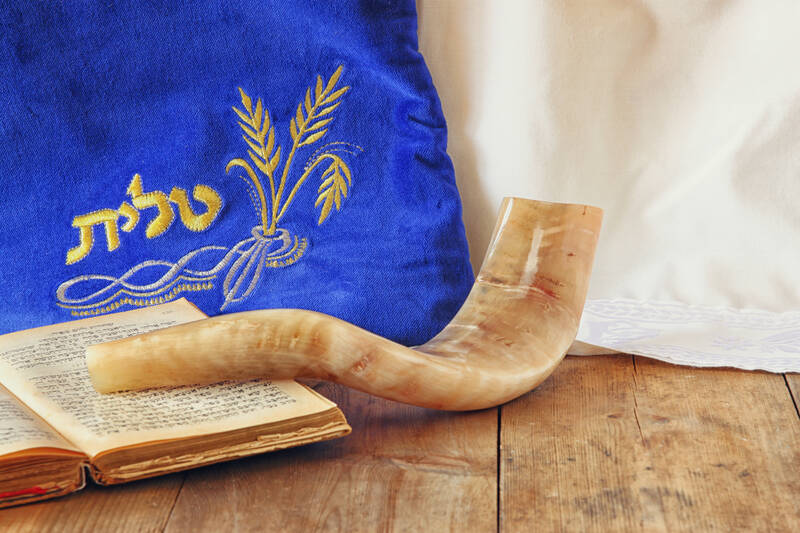
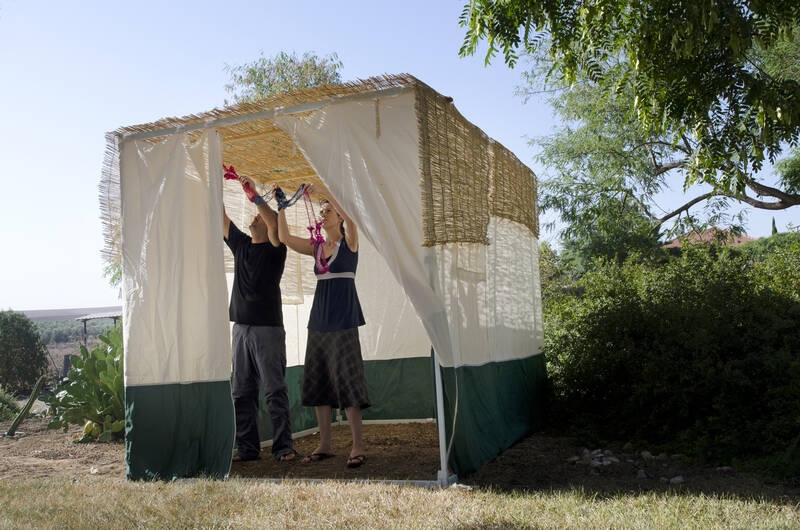
SUKKOT
The Jewish festival of Sukkot is one of the most joyous on the Jewish calendar. The Jewish festival of Sukkot, which means "booths" or "huts" in Hebrew, commemorates the fall harvest.
The holiday also commemorates the 40 years of Jewish exile in the desert following the giving of the Torah on Mt. Sinai. Sukkot, also known as Z'man Simchateinu (Season of Our Rejoicing), is the only Jewish festival that has an explicit instruction to rejoice.
On the 15th of the Hebrew month of Tishrei, five days after Yom Kippur, Sukkot is observed, and it is marked by various distinct traditions. One option is to build a sukkah, a small, temporary booth or cottage, which takes the command to dwell in booths literally.
SIMCHAT TORAH
After Sukkot, we observe Sh'mini Atzeret and Simchat Torah, a fun-filled day in which we celebrate the end of the annual Torah reading and declare Torah as one of the pillars around which we build our lives.
The Torah scrolls are lifted from the ark and carried or danced around the synagogue seven times as part of the celebration. The final section of the fifth book of the Torah, D'varim (Deuteronomy), is read during the Torah service, followed by the opening section of Genesis, or B'reishit. This custom reflects the cyclical nature of the Jewish people's relationship with the Torah reading.
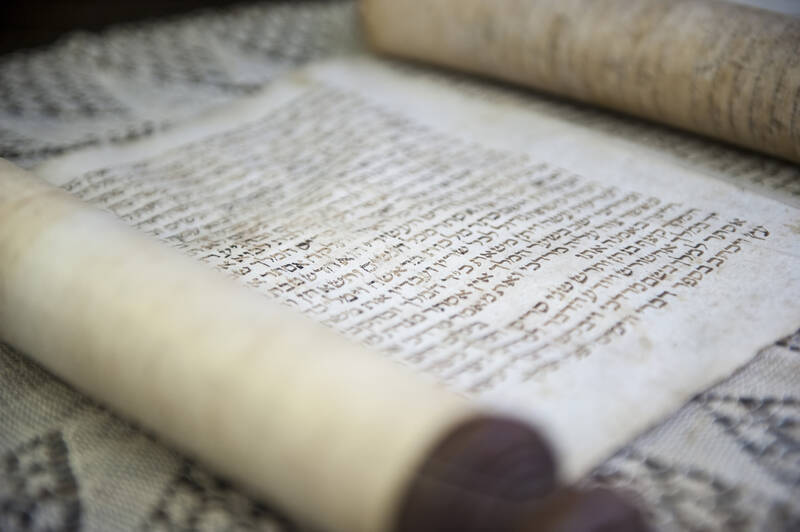
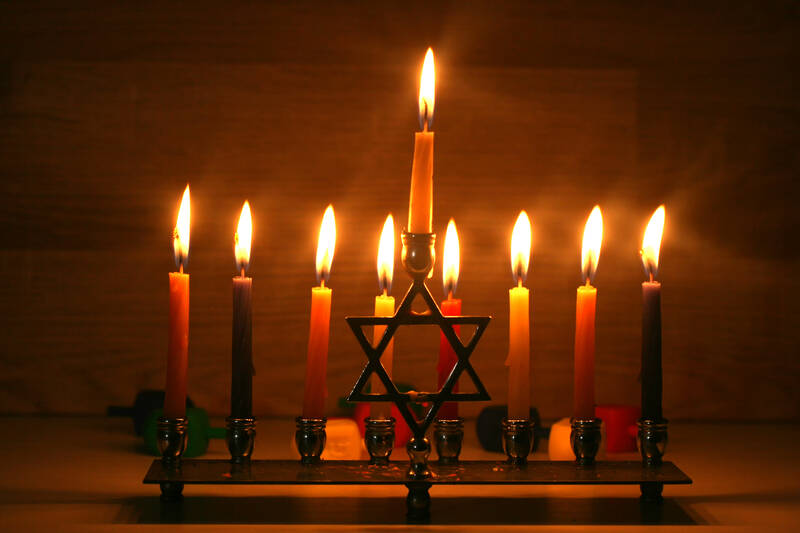
CHANUKAH
Chanukah, one of the most commonly recognized Jewish holidays, is an eight-day festival also known as the Festival of Lights that gives light, joy, and warmth to our homes and communities. Light comes in two forms: practically, with the addition of a candle each day, and symbolically, with a renewed emphasis on charity giving and a dedication to tikkun olam over the holiday season. Chanukah commemorates the triumph of a small group of Jewish rebels (headed by Judah Maccabee and his brothers, commonly known as "the Maccabees") over Syria's army in 165 B.C.E. and the subsequent victory over of the Syrian armies.
The lighting of the Chanukah menorah (also known as a hanukkiyah); singing and playing special songs and games (dreidel); and eating foods prepared in oil such as latkes, sufganiyot, bimuelos (fried dough puffs), and keftes de prasas (leek patties) are all part of modern Chanukah celebrations.
PASSOVER | PESACH
Passover is a prominent Jewish spring celebration commemorating the Exodus from Egypt more than 3,000 years ago and celebrating freedom and family. The seder, a unique house ceremony that includes a joyful feast, the prohibition on eating chametz, and the eating of matzah, is the focal point of this festival. Jews meet with family and friends in the evening on the 15th of Nisan in the Hebrew calendar to read from a book called the Haggadah, which contains the order of prayers, rituals, readings, and songs for the Passover seder. The Haggadah assists us in retelling the events of the Exodus so that future generations might learn about this significant event in Jewish history.

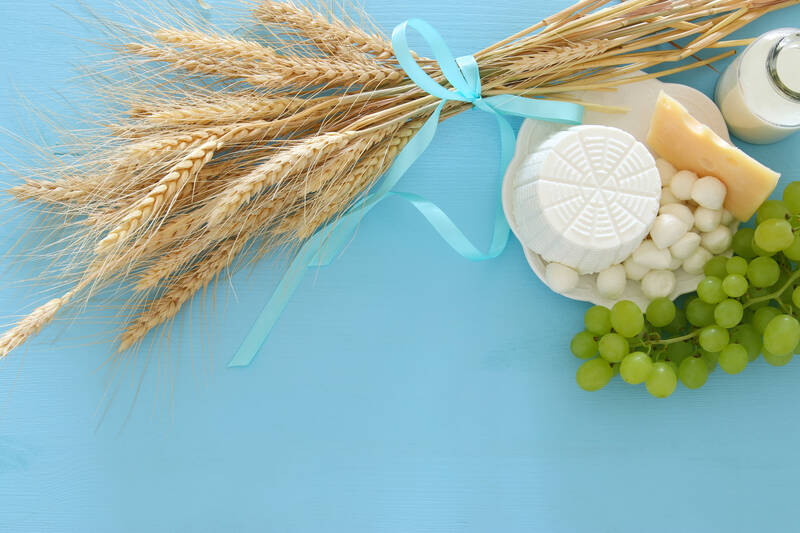
SHAVUOT
Shavuot is a Jewish festival that commemorates the giving of the Torah at Mount Sinai and encourages us to follow the Torah's teachings and be inspired by the wisdom of Jewish tradition. The Hebrew term for "weeks" is Shavuot, and the holiday falls seven weeks after Passover.
Shavuot, like many other Jewish holidays, began as a harvest celebration marking the completion of the spring barley crop and the start of the summer wheat harvest.
Shavuot was an ancient pilgrimage holiday during which Israelites sent agricultural offerings to Jerusalem's Temple.
It is now a celebration of Torah, education, and the decision to actively participate in Jewish life.
Recipes
Here are some top recipes to help enhance your holidays.


